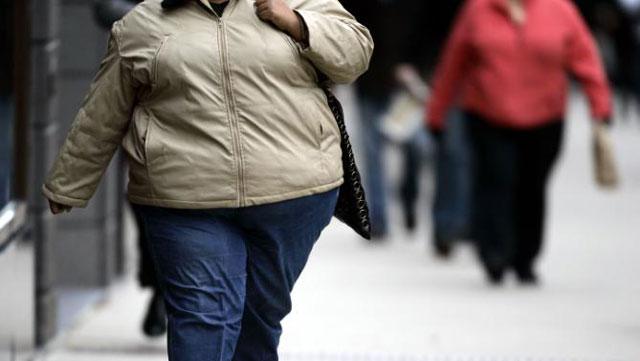You are here
‘Lifestyle’ diseases kill 16m prematurely — WHO
By AFP - Jan 19,2015 - Last updated at Jan 19,2015

GENEVA — Diseases linked to lifestyle choices, including diabetes and some cancers, kill 16 million people prematurely each year, the World Health Organisation said Monday, urging action to stop the "slow-moving public health disaster".
Unhealthy habits like smoking, alcohol abuse and consuming too much fat, salt and sugar have sparked an epidemic of diseases which together constitute the leading cause of death globally, WHO said.
This "lifestyle disease" epidemic "causes a much greater public health threat than any other epidemic known to man", said Shanthi Mendis, the lead author of WHO's Chronic Diseases Prevention and Management report.
Non-communicable diseases (NCDs), like cardiovascular conditions, diabetes, lung disease and a range of cancers, killed a full 38 million people around the globe in 2012 — 16 million of them under the age of 70.
"Not thousands are dying, but millions are dying ... every year in their 30s, 40s, 50s and 60s, not in their 80s and 90s," said Mendis.
"It's beyond belief that it is seemingly invisible," she told reporters ahead of the launch.
Most of the world's 16 million premature NCD deaths each year — 82 per cent — occur in poor and middle income countries, and most of them could be averted with just small investments, the report found.
"The global community has the chance to change the course of the NCD epidemic," WHO chief Margaret Chan said in a statement.
Millions of lives could be saved if the world over the next decade invests just $11.2 billion each year, or $1-3 per person, on promoting healthier habits, the report found.
Devastating consequences
Today, some six million people die prematurely each year due to tobacco use, 3.3 million deaths are linked to alcohol abuse, 3.2 million to lacking physical activity and 1.7 million to eating too much salt, according to WHO findings.
A full 42 million children under the age of five are considered to be obese, and an estimated 84 per cent of adolescents do not get enough exercise, Mendis said, describing the situations as "extremely frightening”.
The international community has staked out nine global targets for shifting unhealthy habits with the aim of slashing premature NCD deaths by a quarter between 2011 and 2025.
Simple and inexpensive steps like banning advertising of tobacco and alcohol products and taxing foods and drinks that contain high levels of salt and caffeine has already proven successful in a range of countries, WHO said.
In Turkey, for instance, an advertising ban on tobacco products combined with significant price hikes and health warnings has pushed smoking rates down 13.4 per cent since 2008.
A move in Hungary to heavily tax unhealthy food and drink components has, meanwhile, led to a 27 per cent drop in junk food sales, the report said.
But while some countries have made progress, most will fall short of the 2025 target, WHO said, warning that inaction would have far-reaching consequences.
"When people fall sick and die in the prime of their lives, productivity suffers, and the cost of treating diseases can be devastating," the UN health agency said.
It has estimated that if nothing is done to improve the situation, premature NCD deaths will suck $7 trillion out of the global economy over the next decade.
Related Articles
AMMAN — The 2019 Jordan survey for Non-Communicable Disease risk factor surveillance (STEPS-wise) was launched on Sunday to support Jordan's
LONDON — Too few governments make full use of tobacco taxes to dissuade people from smoking or help them to cut down and quit, the World Hea
Curbing smoking and drinking, salt intake, high blood pressure, high blood sugar and obesity can prevent more than 37 million premature deaths by 2025, according to an analysis published on Saturday.












